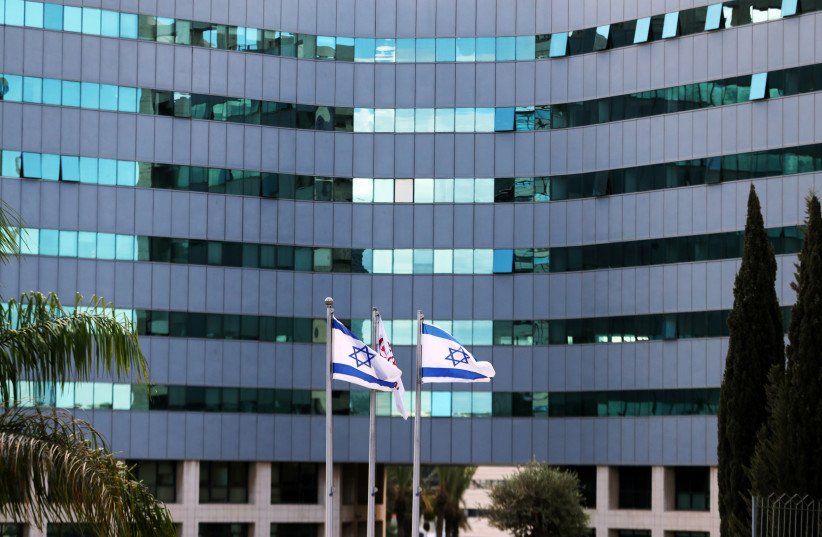The war that began on October 7 has profoundly impacted Israeli society and the economy, highlighting the urgent need for national resilience and self-reliance. This conflict has underscored a critical lesson: Israel must strive for independence in key areas that ensure its stability—security and defense, energy, and agriculture. Realizing that international support may be limited in extreme situations has reignited a focus on technological innovation and economic strength.
In addition to these challenges, Israel is facing significant financial pressure due to the cost of the war. The government has announced a budget cut of approximately 35 billion shekels (about $9 billion) for 2024 to fund ongoing war efforts and recovery.
We must approach these challenges strategically as people who care deeply about Israel. While tactical responses—such as donations, volunteering, and other efforts—are critical in the short term, they do not address Israel’s core, long-term challenges.
Israel has earned its reputation as the "Startup Nation," renowned for innovation, strong tech talent, and a unique entrepreneurial spirit. The country’s tech sector accounts for 18 percent of its GDP.

The rise of artificial intelligence
At the same time, the world is witnessing one of the most significant technological revolutions in history: the rise of generative AI. According to a report by McKinsey, generative AI could add up to $4.4 trillion annually to the global economy. This technology has the potential to transform industries, create new job categories, democratize education, and revolutionize healthcare, making it more affordable and accessible to all.
Google's CEO, Sundar Pichai, emphasized AI's profound impact, stating, “AI is one of the most profound technologies we’re working on. It’s more profound than fire, electricity, or anything we’ve done in the past.” His words underscore the monumental changes AI is set to bring to the world.
Israel has nearly everything needed to become a world leader in AI. The country boasts incredible talent—such as Ilya Sutskever, co-founder and former CTO of OpenAI, and Dario Amodei, co-founder of Anthropic, both of whom have origins in Israel—along with a robust entrepreneurial culture and vibrant innovation hubs. The missing piece in this puzzle is sufficient financial resources.
Countries that have heavily invested in AI have seen substantial boosts in their GDP. A study by Accenture found that AI could lead to significant economic growth in the US by 2035, potentially adding $8.3 trillion in gross value added (GVA).
For Israel, strategic investment in AI could create 50,000 to 100,000 jobs over five years and add $100 to $200 billion to its GDP over the same time, following similar trends seen in other nations. This kind of growth would be transformative for Israel. Investing in AI technology is not just about economic expansion but improving lives and bolstering national security.
AI's transformative potential in key sectors
Education: AI can democratize education, providing high-quality learning opportunities to every child, even in underserved areas.
Healthcare: AI has the potential to revolutionize medical care, lowering costs and ensuring top-tier treatment is accessible across Israel.
Defense and Security: AI can enhance Israel’s military capabilities, from better intelligence gathering to advanced cyber defense, ensuring Israel remains at the cutting edge of military technology.
Showing commitment
The Israeli government has recognized this need and taken initial steps, including establishing the Israeli Center for AI, showcasing its commitment to the field. Efforts are also underway to attract academic talent to Israel, helping foster a robust AI ecosystem.
However, government action alone is not enough. We, as business leaders and investors, need to step up. This is one of those rare moments where Zionism, societal impact, and capitalistic interests align perfectly. Investors can contribute to strengthening Israel’s economy, security, and quality of life while potentially reaping significant financial returns. There’s no better example of a “win-win” scenario in business.
This is our responsibility as people who care about Israel’s future and our privilege and opportunity to be part of something profoundly meaningful and impactful.
Shlomo Mirvis is a managing partner @ AI10 Ventures
